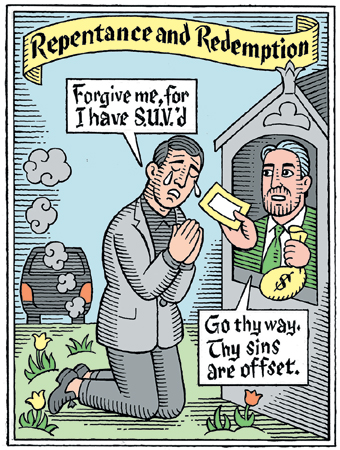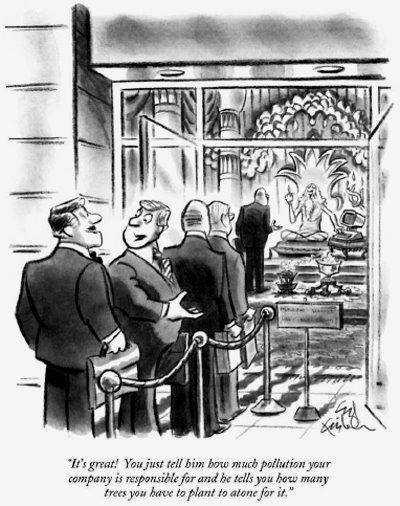Hooray, the humans are deconstructing metaphorical icebergs and decolonizing their minds!!
Being a bear of little brain, I can't tell if this will stop the melting trend -- and the breakup of the real, actually existing icebergs -- but it's nice to see at least someone is paying attention...
Climate Change Is Changing Theology
Theologians Consider the Shifts Needed in Thinking and ActionGENEVA, 30 October 2008 (LWI) –"Climate change is opening up horizons that are deeply spiritual, theological and cosmic inscope. [It] may literally be melting icebergs but it also exposes metaphorical icebergs of how God, human beings and the rest of creation have been conceptualized in ways that contribute to the injustices that have only increased under climate change."
This observation from a background paper prepared by the Lutheran World Federation (LWF) Department for Theology and Studies (DTS) set the stage for a consultation of biblical scholars,theologians and ethicists working in this area, 2-4 October, in Geneva.
Background information for the consultation included the grassroots survey initiated by DTS to get response to ordinary people’s theological questions about climate change, and the related extensive adaptation and mitigation work that the LWF Department for World Service (DWS) field programs have long been pursuing with local communities. (The LWF survey is presented in the LWI special edition titled, "Climate Change - Facing Our Vulnerability", available online at: www.lutheranworld.org/What_We_Do/OCS/LWI-2008-PDF/LWI-200805-EN-low.pdf )Dr Sigurd Bergmann who teaches at the Norwegian University ofScience and Technology in Trondheim, Norway, emphasized the need for a "spatial turn" in
theology, taking Earth seriously as "ourhome where the Holy Spirit takes place."
Such a spatial turn resonates with how indigenous people view the sacred manifesting itself in space, added Rev. Tore Johnsen from his own Sami perspective as a pastor in the Church of Norway. He noted that indigenous people worldwide were the most vulnerable to climate changes, and they do not separate
nature and human beings as in much of Western theology.Johnsen advocated pursuing theology within a "circle of life" that includes God, human beings and the rest of creation, proposing how this both relates to and revises traditional Christian understandings.
Spiritual Resources
Giving an account of what his students heard when they went out to local communities using the LWF survey, Dr George Zachariah,who teaches at the Gurukul Lutheran Theological College and Research Institute in Chennai, India, focused on the spirituality of those displaced from their land and livelihood because of climate change. He argued that many prevailing climate change discourses were an attempt to "absolve the sins of neo-liberal capitalist plunder," and called for attention to the spiritual resources of subaltern communities that can "decolonize our minds, our faiths, our communities, and our planet."




No comments:
Post a Comment